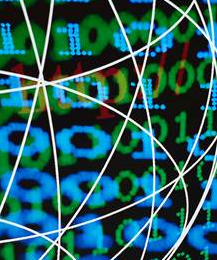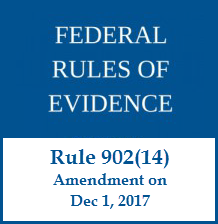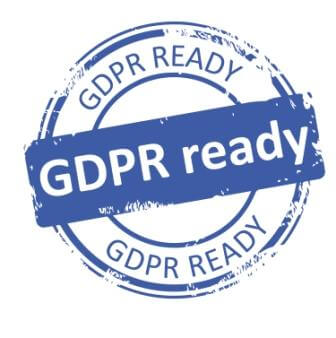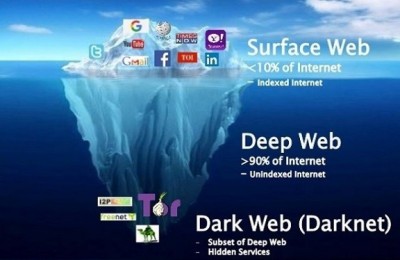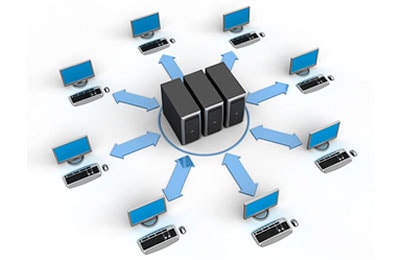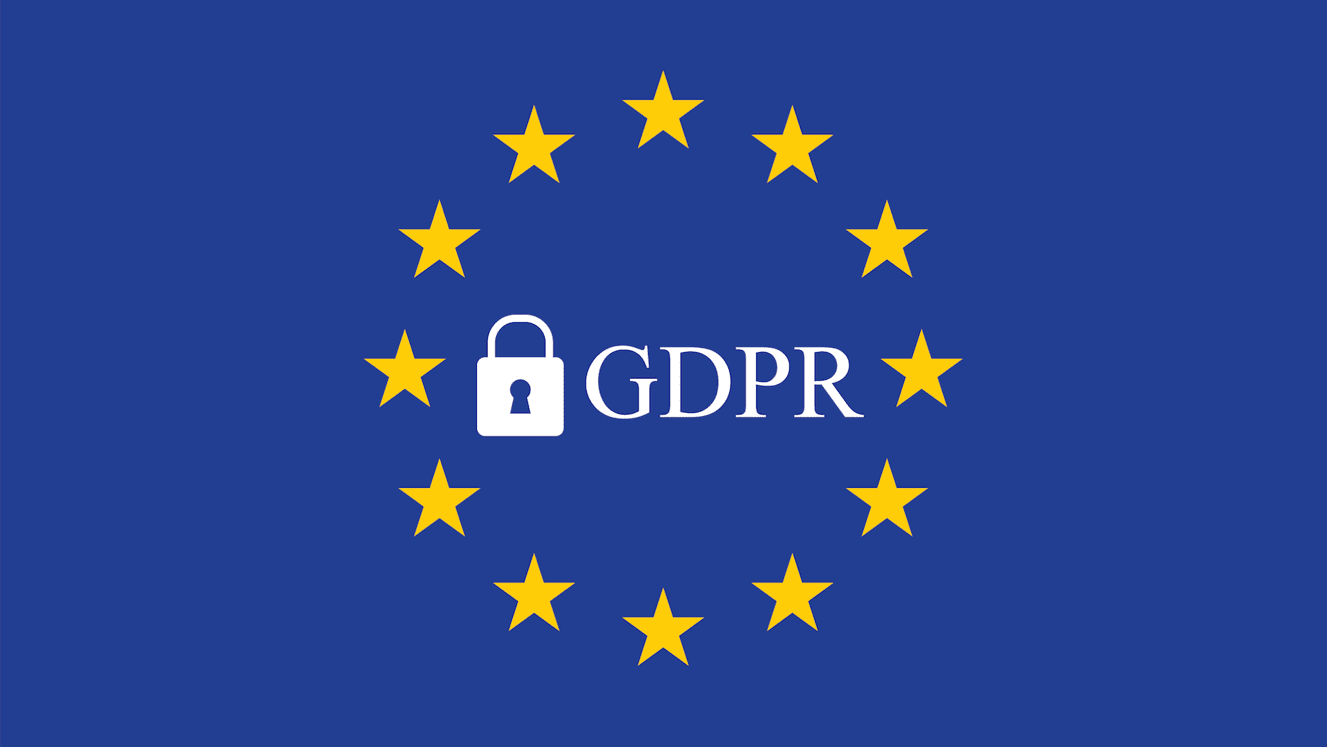USDOJ Expects Companies to Proactively Employ Data Analytics to Detect Fraud
By John Patzakis and Craig Carpenter In corporate fraud enforcement actions, The US Department of Justice considers the effectiveness of a company’s compliance program as a key factor when deciding whether …



